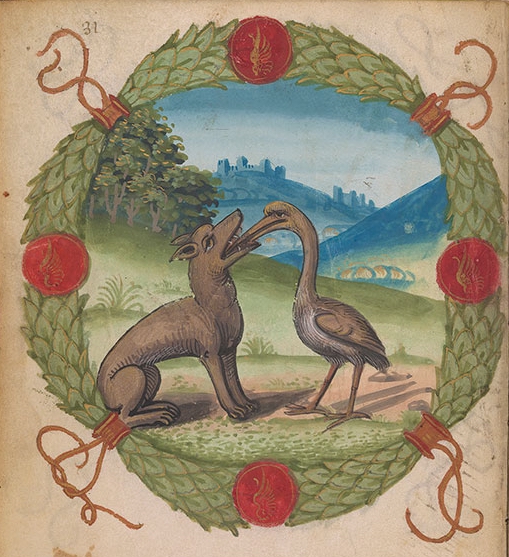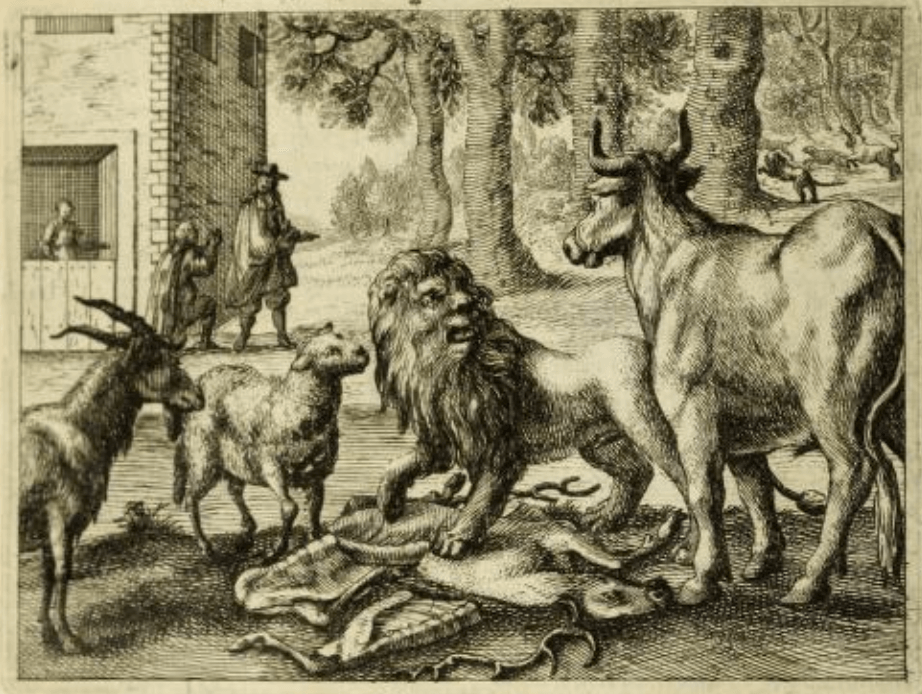The Aesopic Fables

Phaedrus' corpus of five books is the first known collection of fables in antiquity meant to be read and enjoyed on its own literary merit. Previously, such volumes were primarily reference books for rhetorical use (see the Aisopeia of Demetrius of Phaleron, 4th C BCE; cf. Αἰσωπείων ἀ, Diog. Laert. 5.80; Phaedrus himself presumably made use of one such book, if not that of Demetrius). This work, like that of Babrius, was written in verse, perhaps as a way to set it apart from earlier collections that were designed to be mined for material and influence, and the meters no doubt added respect and literary elevation that prose could not. In this way, fable went from material with which to make literature to literature itself. Fables had, naturally, appeared before in literature, especially in collections of verse, but primarily as a vehicle through which to make some greater point. The pure book of literary fables seems to have started with Phaedrus.
The first three books of his fables were written and published under Tiberius, the final two later, probably in the author's old age (cf. Phaed. 5.10.10). Stylistically, the poet was a fan of brevitas and colloquial speech. His poems are written in iambic senarii, the meter of Roman comedy. The fables irregularly make use of promythia (a sort of introductory, topical/categorical statement) and epimythia (gnomic statements that summarize the moral of a story). Over time, Phaedrus produced more “original” stories that lack an obvious Aesopic inspiration; topics are not only bestial, but historical, mythical, anecdotal, and generically droll.





